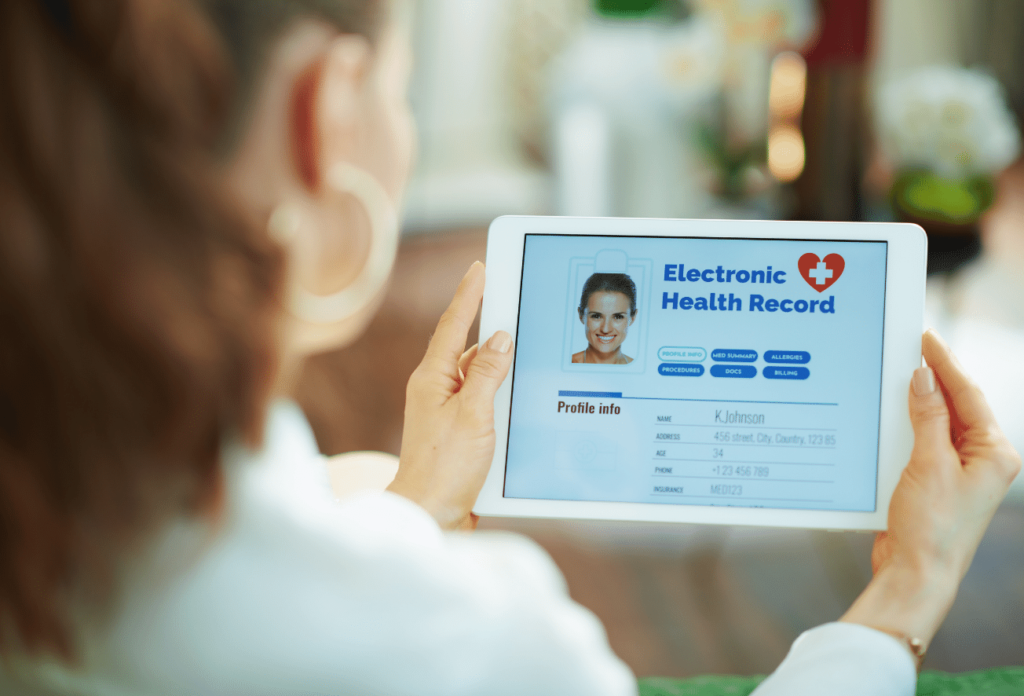
Every healthcare organization has similar objectives for data management. They want information to be accurate, accessible, portable, and interoperable. They’d also like to save money whenever possible. A new study on EHR systems and clinical support tools reveals they can.
However, integrating EHR systems and clinical support tools isn’t always easy. In this post, we’ll look at the study and its findings. Then discuss the challenges with data exchange between systems.
About the Study
The study, published in the U.S. National Library of Medicine, sought to understand the economic impact of clinical decision support (CDS) systems and EHRs. Researchers from the Mount Sinai School of Medicine (New York) and the University of Potsdam (Germany) analyzed 27 studies involving EHRs and CDS interventions.
After evaluation, the teams found 22 of the 27 reports showed a positive economic impact after CDS tool implementation. There were several categories of cost reduction:
- Unnecessary lab work
- Duplicate order entry
- Reducing antibiotic prescriptions
While cutting expenses in these three categories is a win for healthcare organizations, the study’s not all good news. It supplements its findings with context around “malfunctions” that could arise and increase costs. Additionally, the researchers note that CDS tools have high up-front costs and maintenance fees.
If You Want to Save, Integration and Interoperability Are Necessary
In looking at the cons of integrating the two systems, the study focuses on the two challenges above and their potential to offset any financial gains.

Malfunctions
Integrations don’t always run smoothly, especially in healthcare. The APIs can be complex and must also follow any compliance guidelines. Sometimes a true integration isn’t even possible between disparate systems, so instead, interoperability is the workaround.
Of course, interoperability in healthcare is not perfect either. Data exchange between EHR systems and CDS tools could include several hiccups. One of the most serious but solvable is IT teams that lack bandwidth. For instance, if your healthcare system purchases a CDS tool and wants to use it in conjunction with an EHR, your IT team must work out the connection—integration or interoperability. It’s no secret that healthcare IT teams are running lean and dealing with many issues, only exasperated by COVID-19.
What’s the solution? Outsource the integration or data sharing to a provider that can deliver quickly, accurately, and compliantly.
Initial Costs and Maintenance Fees
With any health information system (HIS) procurement, there will be substantial upfront costs. To justify it, you need to understand its value. How can adding this HIS to your EHR system eventually save money and improve care?
With the right CDS tool, you can know, based on research, you can reduce costs in the areas defined above. Reducing these incidents can also lead to better health outcomes for patients, saving money for the entire healthcare ecosystem.
When evaluating tools, seek out those that will work with your EHR and has all the features you’d expect in a CDS. Do a trial run with a few platforms before making a final decision to ensure your investment will pay dividends.
EHR Systems and CDS Tools Should Work Together
Improving your EHR system is a high priority for most healthcare organizations. Augmenting it with other tools is a smart initiative to reduce costs and enhance care. While pairing EHR systems with CDS tools delivers benefits, consider how they will best work together and the sizable initial investment you’ll need to make.
Have questions about data sharing between your EHR and CDS? Explore our data sharing capabilities today!




